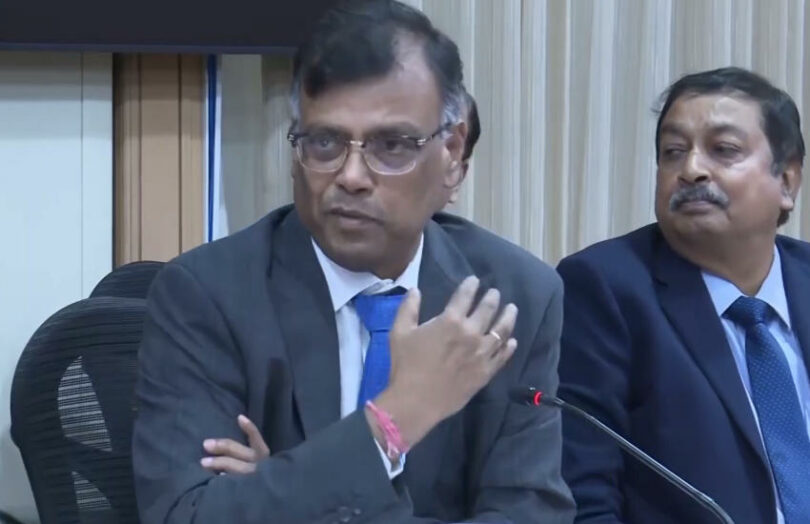The Reserve Bank of India plans to move to the next stage of its central bank digital currency (CBDC) pilots by rolling out programmability and offline payments. Reserve Bank Governor Shaktikanta Das shared the news during a Monetary Policy Committee press conference.
India started digital rupee pilots for both a retail and wholesale CBDC in late 2022. The CBDC reached a milestone of a million transactions within a day at the end of 2023.
For the retail CBDC, the central bank plans to experiment with multiple offline solutions in various locations, such as rural and mountainous areas and urban environments.
Programmable CBDC
The topic of programmability attracted some interest. The Governor gave a couple of examples, such as corporations programming money given to employees for specific business travel. Sometimes, the money might be useable for a limited time or in a geographic area.
A couple of central banks, such as the Bank of England and the European Central Bank, have said that their (potential) CBDCs won’t be programmable at the base level. In some cases, that’s to protect the unity of money. Another motivation is the perception that a government might dictate how people spend their money. However, both central banks are likely to allow private sector entities to add programmable layers on top.
Hence, the Governor faced a press question about how programmability impacts fungibility. Deputy Governor T. Rabi Sankar fielded the response. He described programmability as a way of controlling expenditure, which you only get when the money is a digital token. And both parties usually agree to the conditions.
He gave an analogy with household spending where someone might set aside cash in an envelope for housekeeping. His point was that the money is intended for a specific purpose, a key use case for programmability.
Regarding fungibility, he gave an example of digital cash given to a student to buy books at a specific store. The Deputy Governor noted that the cash is temporarily not fungible between receipt and spending of the money. But as soon as the student hands the money to the bookstore, it goes back into the general cash pool and becomes fully fungible. Likewise, if the money isn’t spent within a given period, it will revert to the school and become fully fungible again.
The Governor added that in the future, he envisages the government using a CBDC’s programmability to support individuals where the money can only be used for a specific purpose.






